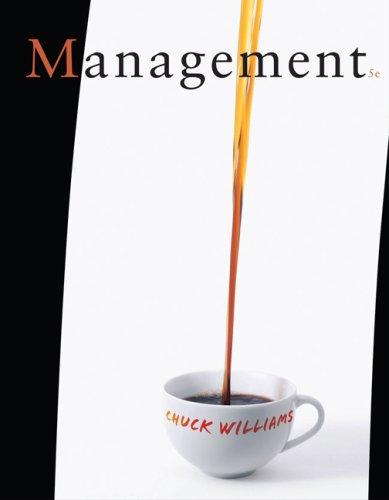4. As Colgate begins implementing a new innovation strategy, do you recommend that the company follow a
Question:
4. As Colgate begins implementing a new innovation strategy, do you recommend that the company follow a compression approach to innovation or an experiential approach? Why? Ever since Procter & Gamble merged with Gillette, your phone has been ringing off the hook from investment bankers wanting your company, Colgate, to make a deal with Alberto-Culver, S.C. Johnson, Reckitt Benckiser, or Clorox, and today is no exception.95 Your management team has assembled to listen to yet another set of bankers outline some grandiose proposal. You’ve got another plan for Colgate, however, and it doesn’t involve a big acquisition. Quite the opposite, in fact. For the fi rst time in nearly a decade, Colgate’s earnings shrank last quarter (by 10 percent), and you are planning to cut 4,400 jobs, restructure the company, and save $300 million in the process.
Colgate’s problems are no secret. In a decadeslong tug-of-war, P&G has regained the edge thanks to its innovation machine. In the last fi ve years, P&G has aggressively expanded in the oral care markets where it competes most heavily with Colgate. New fl avors of Crest whitening toothpastes, Crest Whitestrips, SpinBrush, and a licensing arrangement with W.L. Gore for Glide fl oss have all helped Crest reemerge as the leader in the markets it serves. Colgate’s most recent innovations—
Colgate Total, Motion and Actibrush electric toothbrushes, and Simply White tooth whitener—are now either fading memories or also-rans. And even though Colgate has a strong reputation as a reliable brand, it has been slow to develop new products for developing and existing markets. Perhaps it’s just gun-shy. The company’s most aggressive innovation was the tooth- whitening system Simply White. Regardless of the product’s quality, the bottle and applicator looked like Liquid Paper and proved no match for P&G’s Crest Whitestrips. After that near debacle, Colgate managers apparently decided that going for big hits wasn’t a workable strategy. The company now seems to be playing catch-up to P&G and GlaxoSmithKline, a new competitor in the oral care market. In fact, in a recent year, P&G spent $229 million on its toothpaste and tooth-whitening products; Colgate spent only $80 million.
Step by Step Answer:






